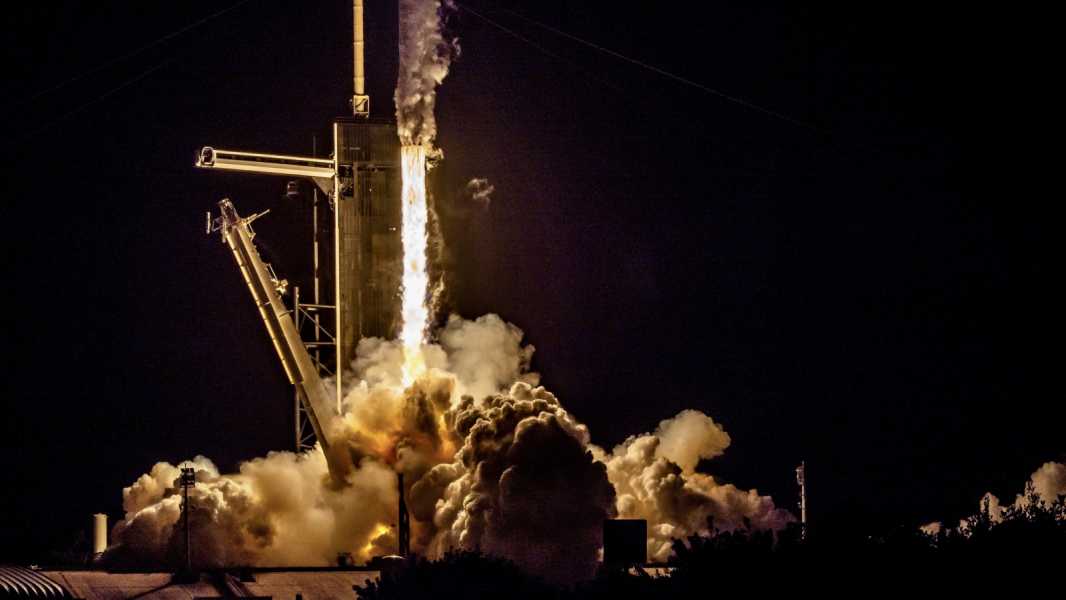
The U.S. Space Force's Delta 45 rocket unit has launched a record 93 rockets from the Cape Canaveral Space Station and NASA's Kennedy Space Center. (Photo Credit: Space.com/Josh Dinner)
According to a recent study of the global space economy, 2024 saw space launch records set for the fourth year in a row, with 259 launches worldwide and a launch attempt occurring approximately every 34 hours.
A report released by The Space Report, the research arm of the Colorado-based nonprofit Space Foundation, also predicts that the pace of launches will continue to increase this year. The increase is partly due to renewed interest in independent launch opportunities in Europe, where rockets in France, Germany and the UK are awaiting their first flights.
“There are reasons to be confident in the positive momentum of the space economy,” Space Foundation CEO Heather Pringle said in a statement. “One of the best ways to support this growth is to continue to expand opportunities for others to join us.”
SpaceX, the primary launch provider for NASA and the Pentagon, flew 132 Falcon 9 missions last year, accounting for just over half of the world’s launches, according to the report. Nearly 90 of those launches were to expand the company’s Starlink communications network, which serves more than 4 million customers worldwide and is projected to generate $11.8 billion in revenue this year.
Additionally, military spacecraft deployments increased by 86%. This impressive growth is primarily due to the launch of more than 100 SpaceX satellites for the Starshield constellation for national security purposes, according to The Space Report’s own research and publicly available orbital information maintained by the U.S. Space Force.
The U.S. “dominated the launch cycle in 2024, outpacing China by more than two to one,” the report said. Russia, meanwhile, has significantly increased the number of satellites it has deployed in low-Earth orbit, up from 21 in 2023 to 98 in 2024, with half of those spacecraft joining a network designed to monitor shipping along the strategically important Northern Sea Route and other oceans.
However, space is poised to get even busier this year. In the U.S. alone, Blue Origin’s long-awaited New Glenn rocket made its debut last month, successfully reaching orbit and giving the company a chance to compete with SpaceX’s Falcon 9. Among the missions that New Glenn will eventually support is Amazon’s Kuiper project, which aims to rival SpaceX’s Starlink network in providing global broadband internet service.
Also scheduled this year are the first flights of Sierra Space's Dream Chaser spaceplane to the International Space Station on a Vulcan rocket, scheduled no earlier than May, and Rocket Lab's partially reusable Neutron rocket in mid-2025.
“These events highlight the growing importance of commercial projects in space,” Matt Ondler, chief technology officer at Axiom Space, told The Space Report.
In preparation for what is expected to be a busy year, the Federal Communications Commission has formally designated additional spectrum for commercial space launches and streamlined the process to speed up regulatory processes. The change is intended to “allow companies to conduct launch activities without having to seek temporary permission from the FCC for each space launch,” according to a statement from the FCC.
In Europe, French company Latitude is preparing for the first flight of its Zephyr small launch vehicle later this year. Likewise, German company
Sourse: www.livescience.com





